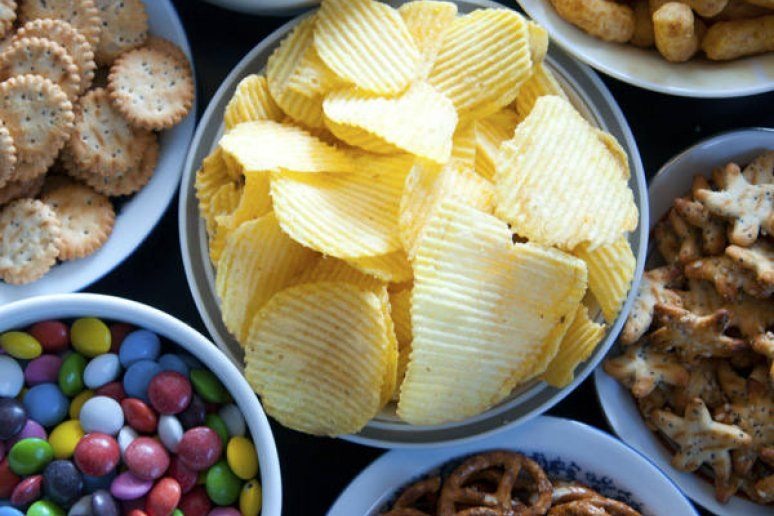Genes Might Explain Affinity To Fat Or Sugar, Study Finds
Turns out biology might be to blame for fat and sugar preferences, according to researchers from the University of Cambridge. They found that "a central molecular pathway may show significance in macronutrient preference in humans," and in identifying this pathway, they can establish a direct link between specific genetic variants and food preferences, FoodNavigator reported.
This research could help to explain how people make choices about food and have "potential implications for a deeper understanding of obesity."
The pathway that was analyzed involves the melanocortin-4 receptor (MC4R). In mice, disruption to this receptor leads them to eat more fat and, strangely enough, less sugar, which also held true in the human study that included 14 adults with a loss of function in the MC4R gene.
"By carefully testing [fat and sugar] in this study, and by testing a relatively rare group of people with the defective MC4R gene, we were able to show that specific brain pathways can modulate food preference," said professor Sadaf Farooqi of University of Cambridge.
